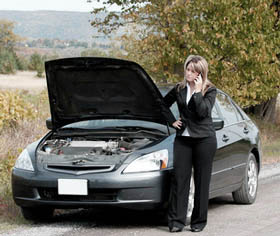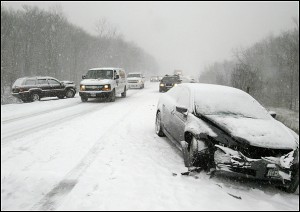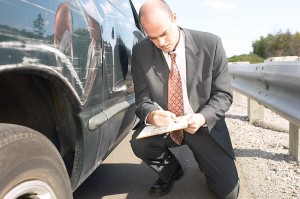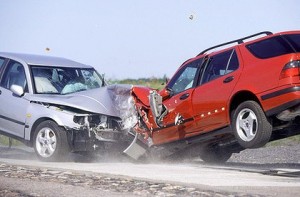About 14 years ago I lost someone who I loved very much to the careless negligence of a few large corporations. That “someone” was my father. He died at age 62 from asbestosis (lung cancer from asbestos). What hurt the most was knowing that my two daughters would never meet their grandfather. This event fueled my purpose to help injured victims and their families receive the justice they deserve.

Having gone through this, I understand what an injured victim is feeling when they walk into my office because I have walked in their shoes. Every client that comes to me for help is treated with respect, compassion and understanding because I see them as a part of my extended family. I know that I cannot change what has happened as a result of the crash, however I will do my best to right the wrong that has resulted from the collision.





